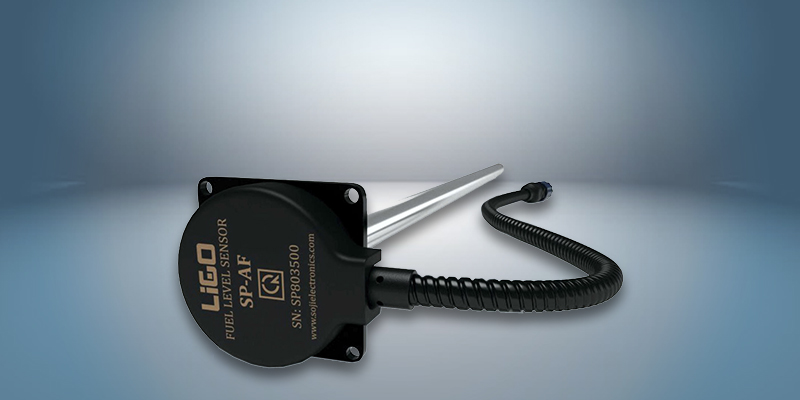Regular fuel consumption data analysis is essential in transportation, logistics, and other sectors where fuel storage and tracking are required. It helps in identifying potential maintenance challenges before they can transform into costly issues. For example, many times a sudden increase in fuel consumption can be indicative of engine issues. When the underlying cause is fixed in time, it can prevent significant costs over time.
The integration of fuel level-sensor-based monitoring systems helps you create a proactive approach to fleet maintenance. It can not only help save fuel but also add more years to your fleet’s service life, resulting in greater savings.
Importance of Timely Vehicle Maintenance in Large Fleets
As a fleet manager or owner, you already know that regular vehicle maintenance can help reduce your fuel costs. Some of the common vehicle problems that influence fuel consumption are as follows:
- Minor engine problems can reduce mileage by 4%
- Under-inflated or flat tires can affect mileage by 3%
- Trouble with oxygen sensors can affect up to 40% of a vehicle’s mileage
- Brake drag not only affects fuel consumption, it can also impact driver safety
Dirty engine oil or leakage can cause more serious issues.
The scale of potential cost and operational benefits that can be expected from implementing a fuel monitoring system can far outweigh the fuel level sensor price you need to pay for all the vehicles in your fleet. A fuel monitoring system can alert you on unusual changes in fuel consumption, which can often be related to potential maintenance issues.
When you combine fuel consumption data with other data sets and use data analytics, it becomes much simpler to find potential issues early on and ensure timely maintenance. Predictive analytics can further help forecast fuel consumption and predict when your vehicles need maintenance.
Using Escort TD-600 Sensor for Your Fuel Monitoring System
The Escort TD-600 is designed for reliable fuel level sensing in any condition. It is a universal capacitive fuel level sensor featuring multiple operational modes. It is designed to connect with any GPS monitoring system, providing exceptional versatility.
Some of the key features of this fuel level sensor include:
- Accelerometer integration that enables measurements at tilt angles.
- Exceptional ingress protection of IP69S plus galvanic isolation.
- The sturdy and durable casing, components, and materials are capable of withstanding extreme conditions ranging from -60°C to 85°C. d
Proactive Vehicle Maintenance Leading to Improved Fuel Efficiency
Traditionally, fleet operators have been relying on their drivers to track their vehicle maintenance and address issues. However, this has been a challenging job forever. A fuel management system powered by a fuel level sensor such as Escort TD-600 can take the guesswork out of the process. When your fleet operates at its optimal levels, you can experience a direct positive impact on fuel consumption.
For example, regular engine maintenance can help ensure your fleet keeps performing at its optimal fuel efficiency. Other maintenance steps can also affect fuel efficiency. It is in your business’ best interests to address problems before they turn into problems. You can benefit by preventing last-minute repairs and adding cost savings over time.
Additionally, a fuel monitoring system can help in keeping track of your vehicles’ maintenance schedules. Thus, implementing such a system can not only help save money and boost organizational productivity but it can also save valuable time. This can help you ensure timely services to your clients. Happier customers are always great for business. Thus, there are many ways that an effective fuel level monitoring system can contribute to your fleet operations’ growth and sustainability.


